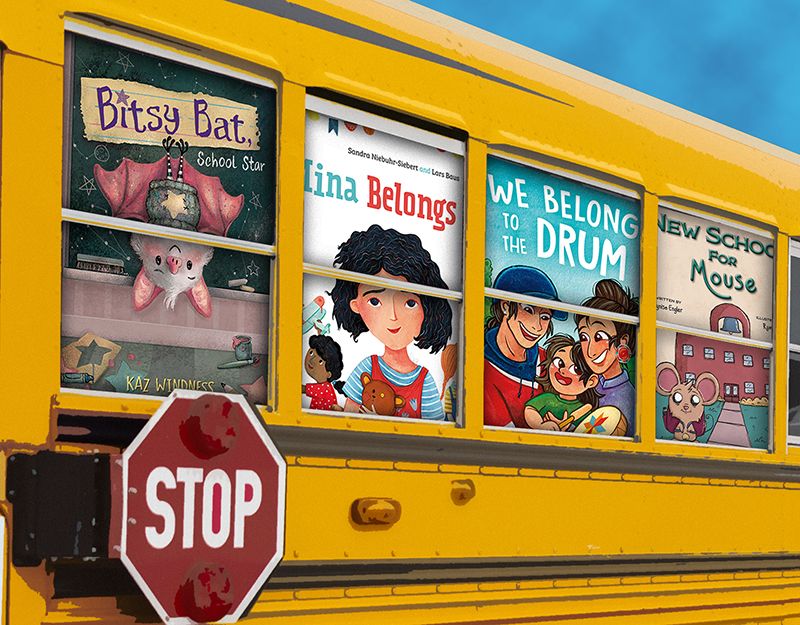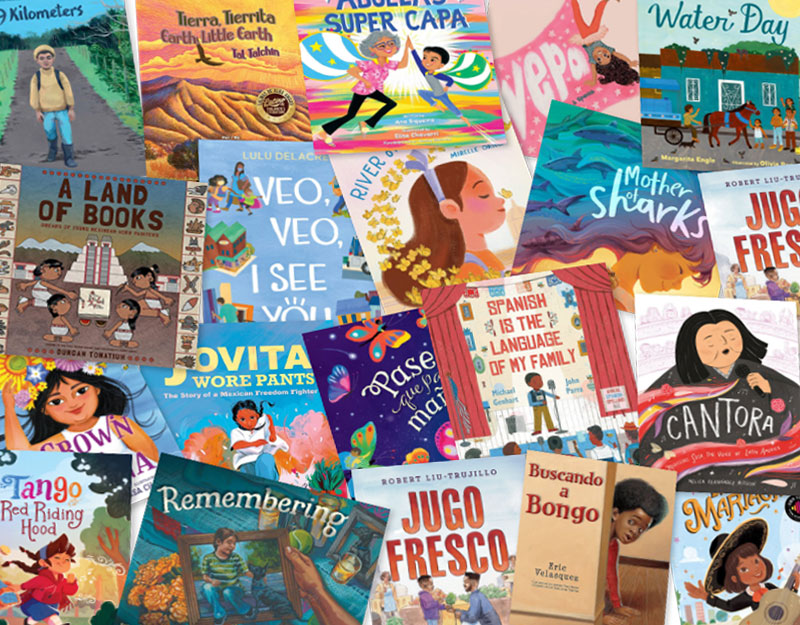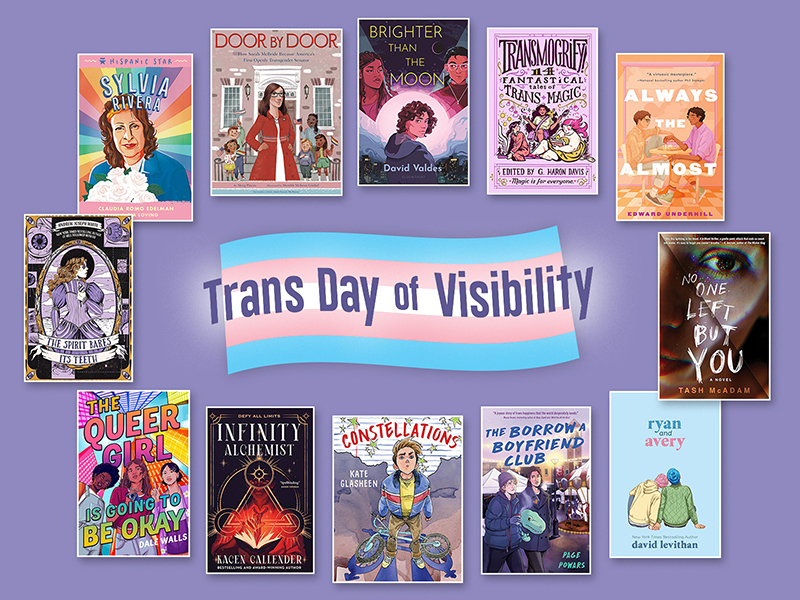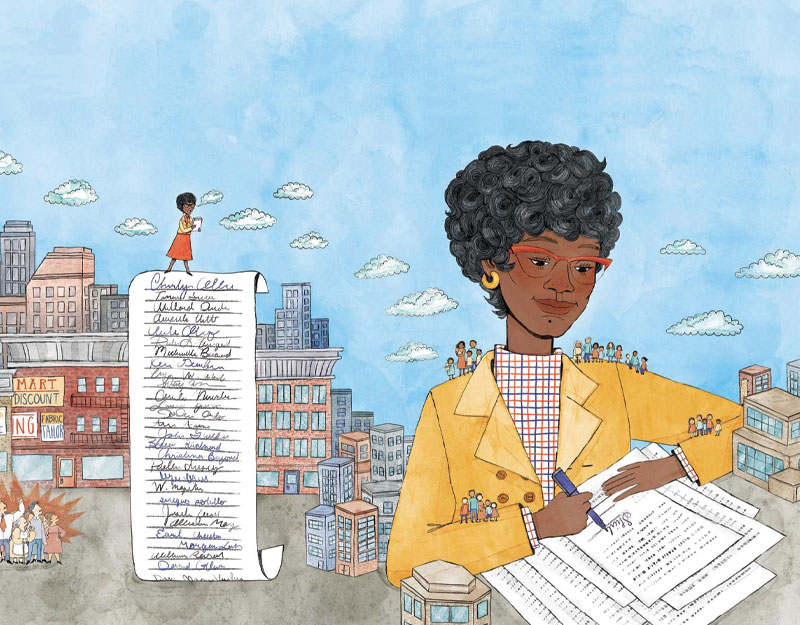Google is Changing Libraries, But Not in the Ways You Think
I’ve never identified as a tried and true Reference Librarian, but I have worked Reference for years. When you are a Teen/YA Librarian, every system seems to put you some place different. Sometimes it is in Youth Services. Sometimes it is in Adult Services. And sometimes, if a library is doing it correctly in my opinion, Teen/YA Services is it’s own department, even if it’s a department of one. But, and this is a big but, even if you are your own department, a lot of libraries don’t have a public service desk in their teen areas and it is good practice to have someone available to talk with teens even when you’re not having a program, which is how I end up spending a lot of time working at the Reference Desk.
Even though I don’t identify as a Reference Librarian, I love working the Reference Desk. I love the challenge of answering a question. I love the joy of helping someone find a book. I do some days grow weary of giving directions to the bathroom and answering the phone only to say yes we’re open, but there is a lot of joyful and intellectual curiosity to be had at the Reference Desk.
ADVERTISEMENT
ADVERTISEMENT
Sadly, two of the four libraries that I previously worked in have totally gotten rid of their reference desks, their reference staff, and their reference services. People stopped using those services, or so administration believed. But what if we killed Reference ourselves?
I’m old enough to remember libraries before access to public computers was a big part of our service model. Yes, I’m the crypt keeper, carry on. I worked in public libraries as public libraries were tasked with trying to figure out how to incorporate the Internet and how to provide public access computers. These were challenging times because we were suddenly tasked with devoting huge chunks of floor space that we did not have to a new and high demand service. And then we had to figure out how to staff them.
In the beginning, as libraries began having public access computers, new often part-time and minimum wage staff were hired to keep paper logs and sign patrons in and out of the computers. Then time management software was developed and it was believed that those staff were no longer needed and computers were moved and they often became a part of reference services, simply by defacto because the computers were always near reference and it turns out that time management software and printing kiosks don’t completely eliminate the need for human regulation. In fact, in these scenarios, reference became much more about helping patrons sign on to computers and print then it did about helping patrons navigate the library collection or find specific answers to specific questions. We know this because many of our regular patrons told us that as they had to wait in longer lines to ask reference questions that they simply stopped coming as they found that climate and goals of the library changing.
This next part may be kind of controversial to say, but the idea of the climate of the library is important. You see, a lot of people who come into the library to use computers do so for one of two main reasons. One, they have a computer at home but don’t have a printer or their printer just ran out of ink. These patrons usually come in quickly, print, and leave. But the second main reason a person goes to the library to use public access computers is because they don’t have access at home and, often, this is because they are economically challenged, homeless, or a restless teen who travels in a pack and wants to sit at a computer with a couple of loud friends as they discuss whatever game it is they happen to be playing that day. Now suddenly, patrons have to wade through a sea of waiting patrons, some of whom smell, some of whom are engaged in questionable online viewing habits, and some of whom are loud or boisterous. Then there is the patron who is trying to pay a bill and they are talking loudly on their cell phone while the person on the other end is trying to walk them through their website. There’s the parent with two kids and a stroller that doesn’t fit next to the computer who is ignoring the crying baby while they try to do whatever it is they are trying to do. In each and every one of these cases there is nothing wrong with the individual or their computer use, they are all there using a service we gladly provide, but taken together all at once it can be a lot. That’s a lot of people in one small space trying to use a service and trying to walk through or around them can be daunting and whether it is safe to say so or not, it does change the overall climate of the library. You know the expression location matters, and this is very true when it comes to where libraries put their public access computers.
So now we have large banks of computers with a lot of users that are located near the reference desk and increasing the patron load of reference staff and the wait time of patrons wanting to ask for help at reference.
ADVERTISEMENT
ADVERTISEMENT
Then comes Google. Google, it has been said and quite often really, will eliminate the need for librarians because everyone can just get it online. Anyone who really understands the Internet knows this isn’t true. For one, not everything is online. It just isn’t. Two, when you use Google it gives you thousands of responses and asks you to wade through a bunch of possible hits to determine what the correct answer might be. It uses a variety of algorithms to do this, some of which is influenced by number of hits and, yes, money. So if you ask Google a question, it searches and returns thousands of hits and says okay you, here are a ton of websites for you to peruse and find the answer.
Now, step up to the Reference Desk and ask the same question. A good reference librarian will ask you a variety of questions to help return a precise answer to you. In asking those questions, we are trying to filter out all the possible answers that Google is going to return and get you the correct answer or resource. In reference, we do the filtering for you.
It’s not just a failure to properly understand Google versus the reference interview, however, that has changed reference services. It is that Google has changed patron expectations, and in unrealistic ways. Google can return a list to you in mere seconds and it is immensely gratifying. It feels powerful. It feels immediate. You forget about the fact that you now how to wade through that list of replies, in part because more often than not the correct answer is in fact on the first page of links. But now reference users want reference librarians to respond as quickly as Google. It’s the ultimate man vs. machine conflict. I can get you a more correct answer than Google, but not in mere seconds. I like to call this the McDonald’s effect: Your way, right away. But the patron isn’t always correct and sometimes we can’t deliver right away.
I experienced this several times last week while sitting at the Reference Desk. A patron came up and asked a question, stating up front that they didn’t have any time, and then became frustrated when I asked some very necessary follow up questions to make sure I understood their request and got them a good answer. They were impatient and dissatisfied because I could not meet their unrealistic customer service expectations that have been formed by years of using Google. Librarian are often better than Google, but because we’re human, we’ll never be faster than Google. And that expectation is one of the main ways that I think Google and the Internet are changing libraries. It’s not that we are or will become obsolete, it’s that we must constantly manage patron expectations in a world where the myth of machine has a better PR spokesperson than libraries do.
Filed under: Tech Talk
About Karen Jensen, MLS
Karen Jensen has been a Teen Services Librarian for almost 30 years. She created TLT in 2011 and is the co-editor of The Whole Library Handbook: Teen Services with Heather Booth (ALA Editions, 2014).
ADVERTISEMENT
ADVERTISEMENT
SLJ Blog Network
2024 Books from Coretta Scott King Winners
Monster Befrienders and a Slew of Horror/Comedy: It’s a Blood City Rollers Q&A with V.P. Anderson & Tatiana Hill
Monkey King and the World of Myths: The Monster and the Maze | Review
Parsing Religion in Public Schools
ADVERTISEMENT










This article is like an exact flashback to my days of working the reference desk. It’s amazing how I have experienced the exact same kinds of things, but still don’t have a good answer as to how to deal with patrons in this situation. Folks expecting instant gratification are often the hardest to please unless you know a fact right off the top of your head.